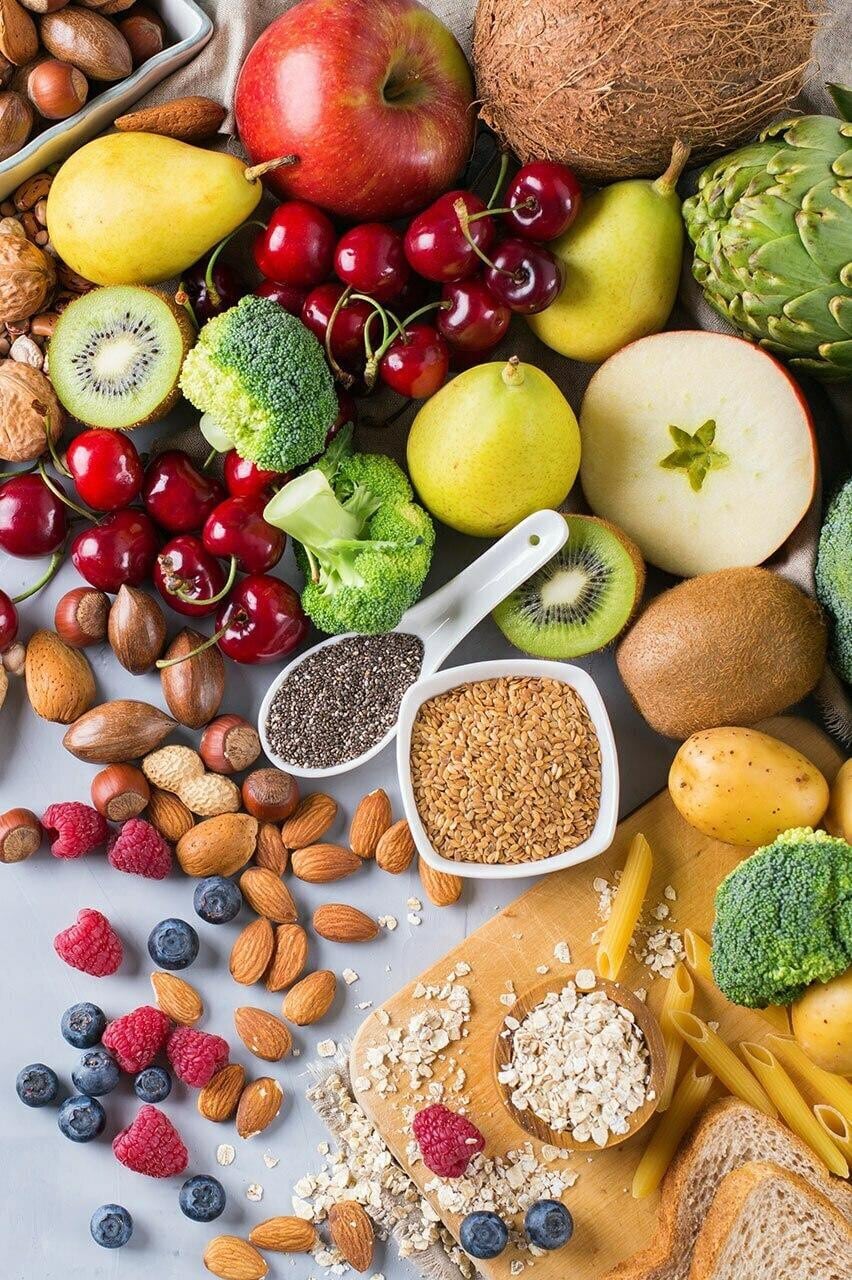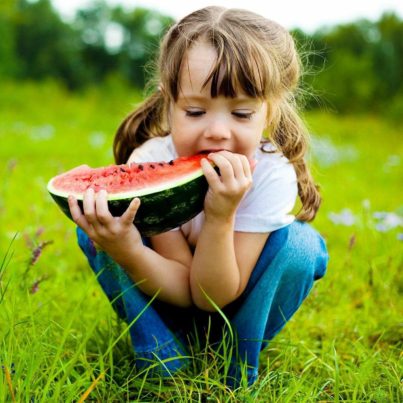8.0 CECs / eBook / online quiz
Plant-Based Sports Nutrition
Gain the plant-based advantage! Join the thousands of runners, bodybuilders, and athletes from virtually every sport who rely on foods and beverages made without animal products. Every day an increasing number of athletes, even those who are not entirely vegetarian or vegan, incorporate a plant-based diet when training or recovering from competition.
Learn how to get proper amounts of all essential macronutrients, vitamins, and minerals, taking into account your personal caloric needs. Draw inspiration from athletes who share how they succeed in their sports while following a plant-based way of eating. Enjoy plenty of recipes to use for training, event, and everyday nutrition needs, and utilize the tailored meal plans and training strategies to fuel your body correctly. Understand nutrient timing and relative energy deficiency syndrome (RED-S) as well as how to meet protein and amino acid requirements while doing light, moderate, or intense training for your sport. Get information on keto diets, tips for optimizing bone health and iron intake, and instructions for making your own fluid-replacement beverage.
Whether you are a dedicated vegetarian or vegan looking to add variety to your diet or you are an athlete searching for a plant-based competitive edge, this Plant-Based Sports Nutrition course will help you maximize your diet for optimal performance!
Course Curriculum
After completing this course and final exam, you will be able to:
•differentiate among the types of vegetarian and plant-based diets
•summarize the positive health effects of plant-based eating
•explain why a vegetarian may experience greater endurance compared to a non-vegetarian;
•describe how to consume adequate calories for optimal performance and weight management while following a vegetarian lifestyle
•list the components that are used to calculate the energy, carbohydrate, and protein needs of an athlete
•identify a plant-based menu that offers adequate calories, carbohydrate, and protein-based on an athlete’s needs
•list vegetarian foods that are rich sources of carbohydrate, protein, and unsaturated fats
•recognize supplements that could be helpful to an athlete living a vegetarian lifestyle
•name vitamins and minerals that can be lacking in a vegetarian diet, and identify plant-based sources of these nutrients
•describe appropriate pre-event and pre-training fuel and hydration based on an athlete’s weight
•explain the recommendations for carbohydrate and fluid intake during exercise lasting longer than 60 minutes





